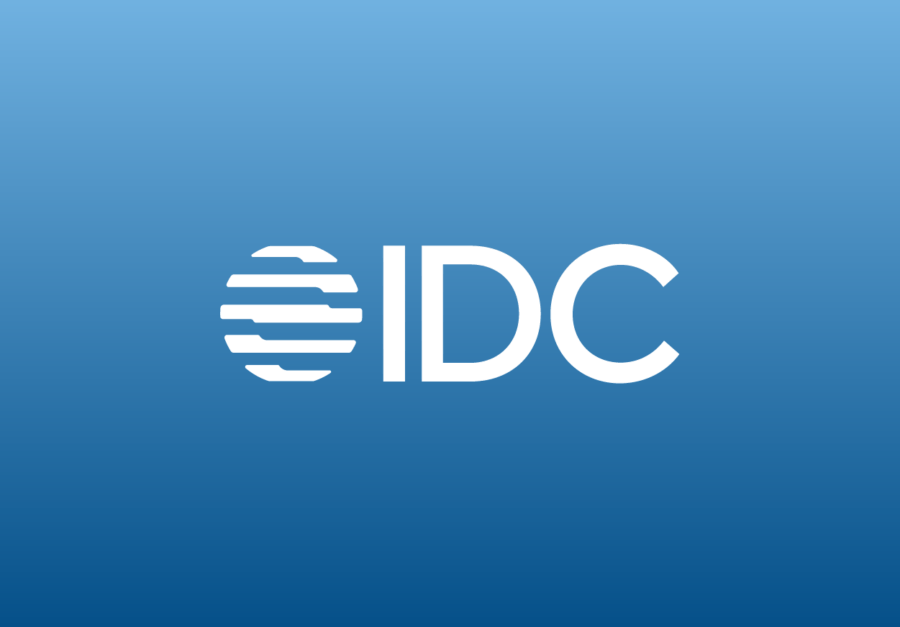Blog
Greensill’s SCF Clouds Can Have a Silver Lining

Warren Buffett once said “Risk comes from not knowing what you are doing,” but he might just as well have added: “or not knowing who you are doing it with.”
Recent events in Supply Chain Finance (SCF) have brought the importance of that observation into sharp focus, as the demise of one of the leading protagonists this month sent shockwaves across the industry. With little warning, the collapse of Greensill meant many corporations and their suppliers were left scrambling to secure new sources of funding, while multiple banks and other financial institutions had to answer difficult questions from regulators and shareholders. It needn’t have been the case.
The fallout has not stopped there, with a harsh spotlight also being turned on Fintech in general and, in particular, the technology and working practices that underpin SCF and its now fallen star. Were there promises of financial disintermediation made that were not sustainable?
So, was this just another bubble waiting to burst, or a failure of accounting and other regulatory oversight? Could the ability of new technologies like AI and Machine Learning to transform the staid world of trade finance and unleash potential locked up capital have been overstated?
Or was it a dramatic reminder to corporates about the importance of counter-party risk management and retaining control and oversight of the people and institutions they do business with?
In hindsight it’s probably a little bit of all the above. There is no doubt that the evolution of smarter technologies opened up new business opportunities, particularly as automation, data processing and analytic tools meant people could be empowered to make better informed decisions much faster to improve competitiveness. This reduced errors, accelerated revenues and strengthened profitability.
But the key was always that technology should strengthen controls and enhance decision-making, not underestimate the importance of fundamental duties like risk management. The best IT platforms and solutions should therefore not become proxy financial intermediaries, but support and strengthen the roles of the CFO and Treasurer.
That said, it is essential for corporates to be able to pay suppliers more efficiently and use their own credit strength to support their supply chain. In many ways it is the lifeblood of any company. Therefore the strongest and most sustainable way to do this should be via banks and other committed alternative funders. These partners are more likely to stand by corporates, even through difficult times, rather than through opportunistic finance providers, who might be more motivated by short-term yield considerations.
But the final choice of business partner/funder should always be for the corporate to decide and, to that end, the platform connectivity must always be funder agnostic.
Kyriba is a leading Fintech that provides a liquidity platform between financial institutions and corporates to deliver unparalleled capabilities for treasury, payments, cash and liquidity management, trade finance, dynamic discounting and, yes SCF too. At the heart of this network is our commitment to be counterparty agnostic and connect corporates to their chosen financial institutions.
Kyriba’s approach to SCF is to provide its leading and proven technology, along with the operational support, to strengthen these links within an ecosystem of customers and their funders, enabling switching when required. More importantly, and to prevent any conflict of interest, Kyriba does not insert complex funding structures, or other intermediary steps, that money must flow through before reaching suppliers.
Our model is clean and transparent, as funders pay suppliers directly. Corporate customers do not rely on Kyriba to have particular funding institutions in their programmes. In fact, if a client chose to leave Kyriba, that corporation could still work directly with its banks to provide funding (albeit far less effectively).
If the demise of Greensill has done one good thing, it has been to confirm the importance of that transparency, of the benefits of strong relationships between funding institutions and corporates and that informed counterparty risk management should be the foundation of robust and sustainable business credibility.












